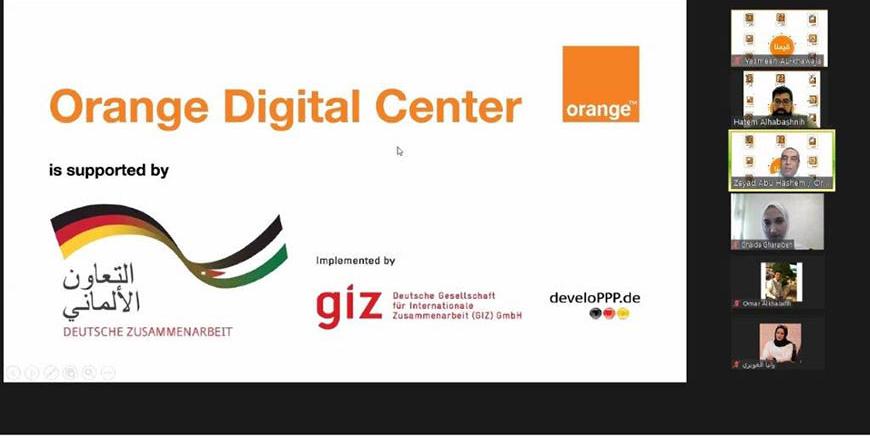You are here
Reasons for radicalisation
Jan 14,2015 - Last updated at Jan 14,2015
The Middle East has witnessed radicalisation with the rise of the group that calls itself the Islamic State.
While the international community seems to be serious about tackling IS, it is bound to fail unless it does not pay close attention to the root causes of radicalisation, not only in the Middle East but in other parts of the world as well.
The Middle East has always been a complex puzzle that is not easy to understand or analyse.
But there are, of course, underlying reasons for the developments in this region and for the fact that many fall prey to radicalisation.
Three major reasons stand out among others. One is blind belief in religion, which makes it easy to manipulate and influence people.
The very poor quality of education, which lacks personality and self-development programmes and where curricula fail to address issues like emotional intelligence, anger management, conflicts resolution and problem solving, is also significant.
I received my education in Jordan, but never once was taught about the need to acknowledge and respect the differences between people: differences in faith, beliefs, race or culture.
This explains why most people in the Arab world perceive people who are different as enemies, or at least look at them with suspicion.
Poverty and unemployment are also very dangerous. It is easy to manipulate, control and radicalise someone who is desperate, has no hope and no future.
Every human being strives to have a good life, a purpose in life, and many could do evil and irrational things to satisfy this instinct.
The battle against radicalisation will not be won without looking into, understanding and working to find solutions for these three causes of radicalism.
Sanaa Qasmieh,
Amman
Related Articles
AMMAN — Orange Jordan on Monday trained its first cohort of the Orange Community Digital Centre at the Zarqa Youth Centre.The training aims
Near East Foundation (NEF), in partnership with Parachute 16, held an ideation workshop in Amman on Monday, in a bid to build the capacities

















